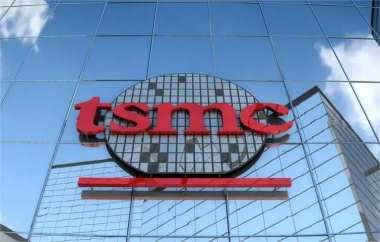
According to reports, TSMC's 3nm generation has officially entered its peak mass production phase. In Q3, 3nm revenue accounted for 23% of the company's total, surpassing the growth rate of 5nm and becoming a key driver for overall operations. With AI and cloud applications expanding rapidly, TSMC's 3nm fabs are running at near-full capacity, particularly at the Southern Taiwan Fab 18, while demand for AI chips and flagship mobile processors continues to rise.
Industry insiders reveal that TSMC's 3nm monthly output has jumped from 100,000 wafers at the end of last year to around 100,000–110,000 wafers, with plans to reach 160,000 wafers in 2025—a nearly 50% increase. Nvidia is the main driver of this surge, adding 35,000 wafers in a single month, tightening the advanced process capacity. Nvidia's next-generation Vera Rubin GPU and Rubin Ultra platform will use TSMC's N3P process, set to become a major contributor to high-performance computing (HPC) revenue in the coming years.
Major cloud players are also racing to adopt the 3nm process. Next year, besides Nvidia, AWS's in-house AI chip Trainium 3 and Google's TPU v7p accelerator will compete for TSMC 3nm capacity. While advanced packaging bottlenecks like CoWoS are relatively manageable, the key challenge remains 3nm wafer supply, with some CSPs seeking larger allocations, highlighting a potential production squeeze for competitors.
Insiders speculate that Nvidia CEO Jensen Huang's frequent visits to Taiwan and close ties with TSMC, along with his participation in high-profile events, are helping secure priority access to limited advanced process capacity. Within the 3nm node, TSMC is not only producing the base N3 version but also optimized variants like N3E and N3P, which improve performance, power efficiency, and yield.
Forecasts indicate that TSMC's 3nm share could exceed 30% next year, with AI and HPC driving growth. Alongside rising output, pricing is expected to increase. Industry sources suggest TSMC plans to raise advanced process wafer prices by 3–5% over the next four years, underscoring strong demand for AI chips and the emergence of advanced nodes as a seller's market.




